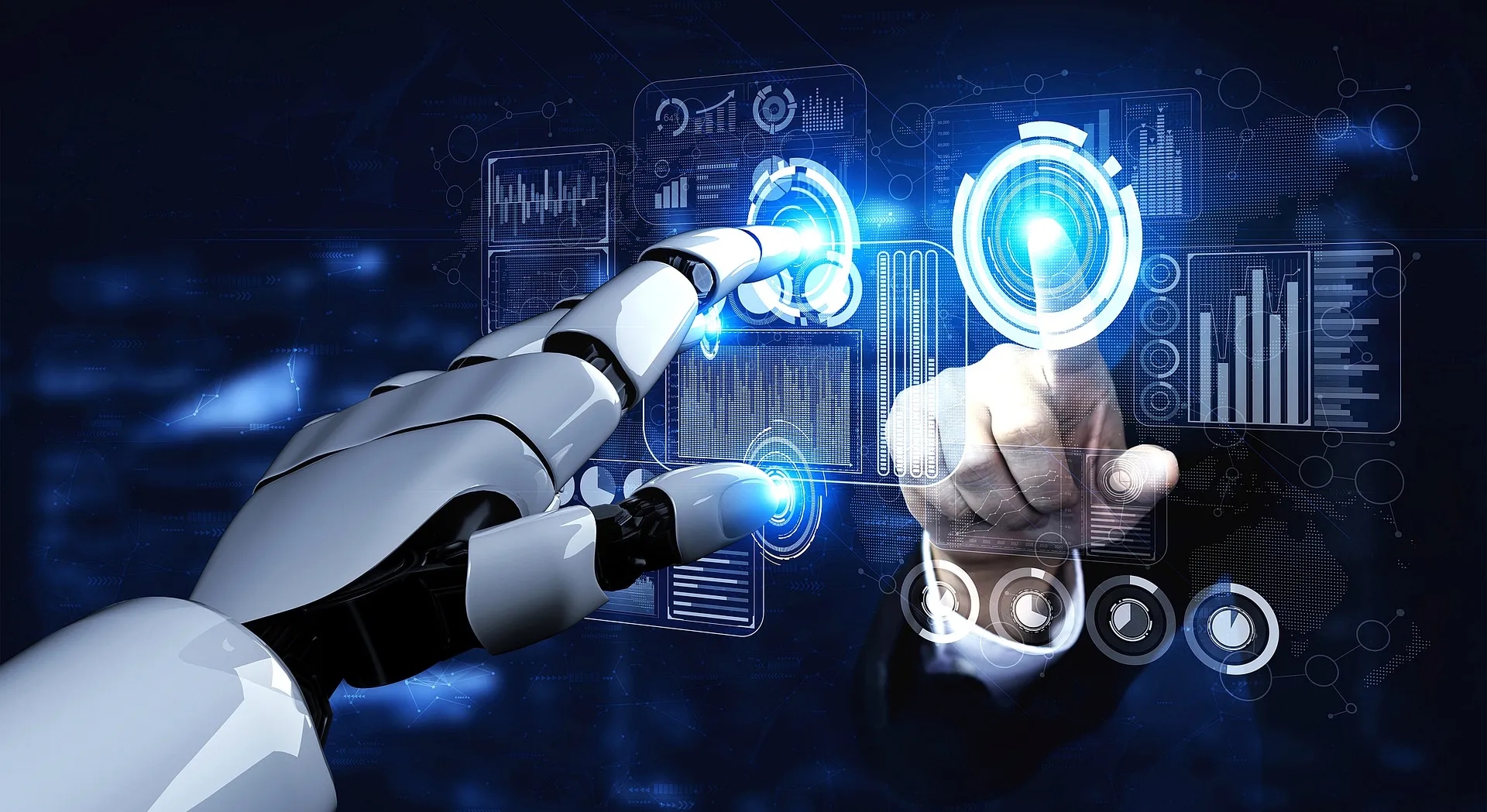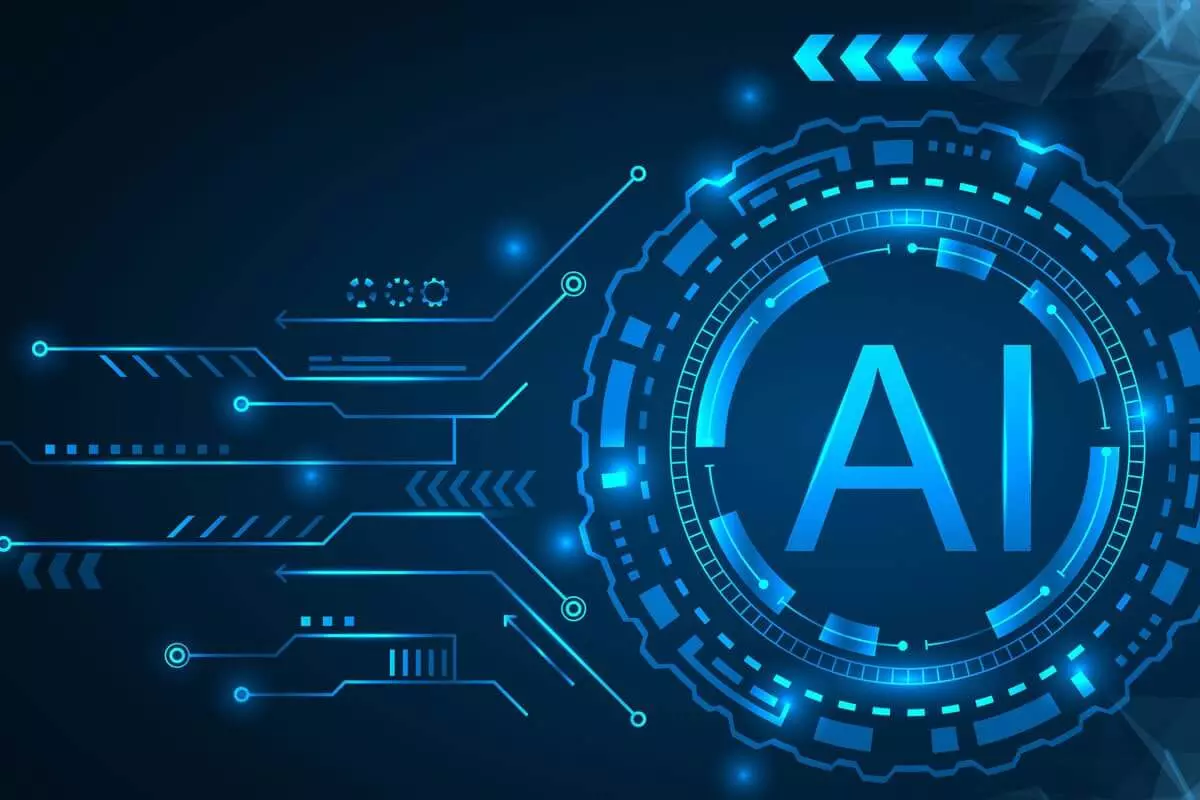Comments
- No comments found

As technology marches forward, organizations are harnessing AI's potential by balancing ethics, transparency and accountability.
From virtual assistants like Siri and Alexa to recommendation systems on Netflix and Amazon, AI algorithms are working behind the scenes to improve our user experiences. However, as AI technology continues to advance, it brings with it a host of ethical and social implications that require careful consideration.

Before diving into the future, let's examine the current state of AI ethics. As AI systems become more sophisticated, concerns about bias, transparency, accountability, and privacy have gained prominence. Several high-profile cases have highlighted these issues, including biased facial recognition systems, misinformation spread by AI-generated content, and the opaque decision-making processes of AI algorithms.
AI ethics has evolved rapidly in recent years, with organizations, researchers, and policymakers actively engaging in discussions to address these challenges. Frameworks like the Fairness, Accountability, and Transparency in Machine Learning (FAT/ML) principles and guidelines from institutions like the European Union have provided essential foundations for responsible AI development.
Looking ahead, responsible AI faces several key challenges:
Bias Mitigation: AI algorithms often inherit biases present in training data, perpetuating societal inequalities. The future of responsible AI demands advanced techniques for bias mitigation, fairness-aware algorithms, and continuous auditing.
Transparency: Making AI systems more transparent is crucial. Understanding how AI reaches decisions, especially in critical domains like healthcare and finance, is vital for building trust with users.
Privacy Preservation: As AI systems handle increasingly sensitive data, safeguarding privacy becomes paramount. Future AI models should prioritize privacy by design, adopting privacy-preserving technologies like federated learning and differential privacy.
Accountability: Assigning responsibility when AI systems go awry is a complex issue. Developing legal and regulatory frameworks that clarify liability and accountability for AI actions is essential.
While AI has its challenges, it also offers incredible opportunities to address pressing global issues, such as climate change, healthcare, and poverty. Responsible AI should prioritize these applications to make the world a better place.
In order to ensure responsible AI development, governments worldwide are actively considering regulations. The European Union's proposed Artificial Intelligence Act aims to set strict rules for high-risk AI applications, emphasizing transparency, accountability, and human oversight. Similarly, the U.S. is exploring legislative measures to govern AI, indicating a growing recognition of the need for regulatory frameworks.
The future of responsible AI relies heavily on a collaborative effort among various stakeholders, including governments, businesses, researchers, and civil society. OpenAI's decision to use safety and policy advocacy to influence AI development, rather than keeping advanced AI models private, reflects a commitment to ethical AI practices. Other organizations are also joining the effort to promote transparency and inclusivity.

As AI continues to shape industries, there is a growing demand for a workforce well-versed in AI ethics. Educational institutions and organizations should prioritize AI ethics training to equip individuals with the knowledge and skills to navigate the complex ethical landscape of AI.
I was thrilled to host Chris Wolf, the visionary leader behind VMware Labs’ innovative AI initiatives. We discussed various facets of responsible AI, its impact on Enterprise, and the exciting AI innovations driving the future.
Chris shared his remarkable journey within VMware, starting as the leader of Advanced Development in the CTO office and eventually expanding his role to lead the Research and Innovation Organization. Under his leadership, VMware achieved success with the transfer of around 30 tech projects into shipping products within two years. This journey culminated in the creation of VMware AI Labs, where they focus on AI and adjacent areas like data and security services.
We explored the current state of AI readiness in the business world. Chris pointed out that while some industries, like financial services, have embraced AI due to their rich data analytics heritage, others are more cautious. Businesses are often torn between the desire for quick wins and the need for responsible AI practices to avoid legal and compliance issues.
Chris delved into the core principles of responsible AI, emphasizing transparency, explainability, fairness, and the absence of bias. He stressed the importance of understanding how AI models are trained and the data used, as well as the need for AI to be explainable and free from biases. Responsible AI is not just a buzzword but a fundamental aspect of ethical AI adoption.
We discussed the rise of generative AI models and their suitability for Enterprise use. Chris highlighted the role of large language models in providing starting points for tasks but also cautioned about the challenges of hallucinations and factual inaccuracies. He advocated for domain-specific models that are smaller, specialized, and easier to update for specific business functions.
Chris introduced us to VMware Private AI, a transformative initiative aimed at democratizing AI within organizations. VMware's approach involves offering internal platforms and services to maintain control over intellectual property. This allows businesses to leverage AI for various use cases, from code development to customer support, while safeguarding their data and privacy.
Chris shared a compelling example of AI-assisted code development within VMware. They harnessed specialized models to assist software engineers, achieving remarkable efficiency and user acceptance. More than 90% of engineers in the pilot program expressed a desire to continue using AI tools, highlighting the potential for AI to revolutionize coding and other domains.
Here is the link to watch #CXOSpice on Responsible AI with Chris Wolf https://www.youtube.com/watch?v=e0C6sq-b7eQ
Helen Yu is a Global Top 20 thought leader in 10 categories, including digital transformation, artificial intelligence, cloud computing, cybersecurity, internet of things and marketing. She is a Board Director, Fortune 500 Advisor, WSJ Best Selling & Award Winning Author, Keynote Speaker, Top 50 Women in Tech and IBM Top 10 Global Thought Leader in Digital Transformation. She is also the Founder & CEO of Tigon Advisory, a CXO-as-a-Service growth accelerator, which multiplies growth opportunities from startups to large enterprises. Helen collaborated with prestigious organizations including Intel, VMware, Salesforce, Cisco, Qualcomm, AT&T, IBM, Microsoft and Vodafone. She is also the author of Ascend Your Start-Up.
Leave your comments
Post comment as a guest